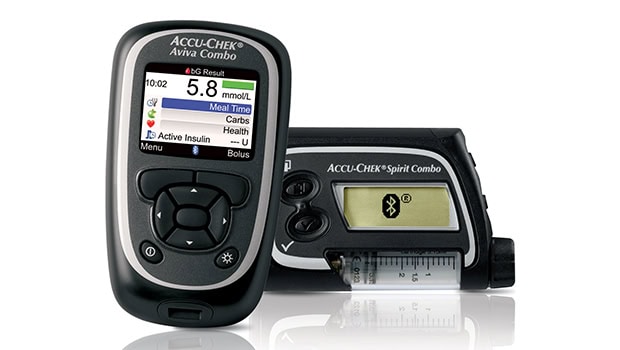How to Get Approved for Pump Therapy

Integrated Diabetes Services (IDS) provides detailed advice and coaching on diabetes management from certified diabetes educators and dieticians. Insulin Nation hosts a regular Q&A column from IDS that answers questions submitted from the Type 1 diabetes community.
Q – I want to use an insulin pump, but I hear insurance might be a problem. Can you tell me how one gets approved for a pump by a doctor and insurance?
A – It’s smart to at least consider an insulin pump as a treatment option. The precision in how insulin is delivered with a pump can make a notable difference in blood sugar control.
Your first step in procuring an insulin pump is to talk with the doctor who helps you manage your diabetes. Many endocrinologists and certified diabetes educators have demo insulin pumps in their offices or information from different pump companies that they can give you. It’s important to discuss with your doctor what you hope the pump will do for you and the reasons you feel it will be an asset to your blood sugar management.
For many people, pump therapy may be easier than multiple daily injections, but it is only effective if the person using it understands the pump and is proactive about blood sugar control. Doctors don’t automatically approve pumps for all their patients with diabetes, and some will refuse to prescribe pump therapy until blood sugar levels are improved to a certain level with traditional insulin therapy. It’s important to advocate for why you believe a pump could help improve your blood sugar management. Bring blood sugar logs and records to your visits, and give concrete reasons why multiple daily injections alone isn’t cutting it.
When considering insulin pump therapy, most people who have insurance coverage should look at their DME (Durable Medical Equipment) coverage; it’s the section of your insurance that covers insulin pumps and continuous glucose monitors. The good news is that almost all insurance companies today cover some portion of the cost of insulin pumps for qualifying patients. Now whether the insurance company thinks you qualify is another matter altogether.
To assess eligibility for a pump, insurance will require a Statement of Medical Necessity from your prescribing or treating physician. This is where it is very helpful to have a good endocrinologist or a good certified diabetes educator in your corner. These providers can work with you to ensure you have the proper paperwork filled in to submit to the pump company of your choice.
Once the paperwork is filled out from you and your doctor, the pump company will contact your insurance carrier and find out what is covered and how much to expect for out-of-pocket expenses; all insurance plans are different in this regard.
Once the approval is confirmed, the pump company will send you the device and set you up with initial training. It will be important to follow up closely with your endocrinologist or CDE to finetune your pump settings and to learn about all of the pump’s features. The rest will be up to you. Pump therapy isn’t for everyone, but those who are proactive in learning about their pumps more often succeed and enjoy better controlled blood sugar levels than those who don’t dive in and learn all there is to know about their pumps.
If you want to learn more about the different types of insulin pumps available, Integrated Diabetes Services has created a guide that you can read here: http://integrateddiabetes.com/insulin-pump-comparisons/
Integrated Diabetes Services provides one-on-one education and glucose regulation for people who use insulin. Diabetes “coaching” services are available in-person and remotely via phone and online for children and adults. Integrated Diabetes Services offers specialized services for insulin pump and continuous glucose monitor users, athletes, pregnancy & Type 1 diabetes, and those with Type 2 diabetes who require insulin. For more information, call 1-610-642-6055, go to integrateddiabetes.com or write info@integrateddiabetes.com.
Thanks for reading this Insulin Nation article. Want more Type 1 news? Subscribe here.
Have Type 2 diabetes or know someone who does? Try Type 2 Nation, our sister publication.